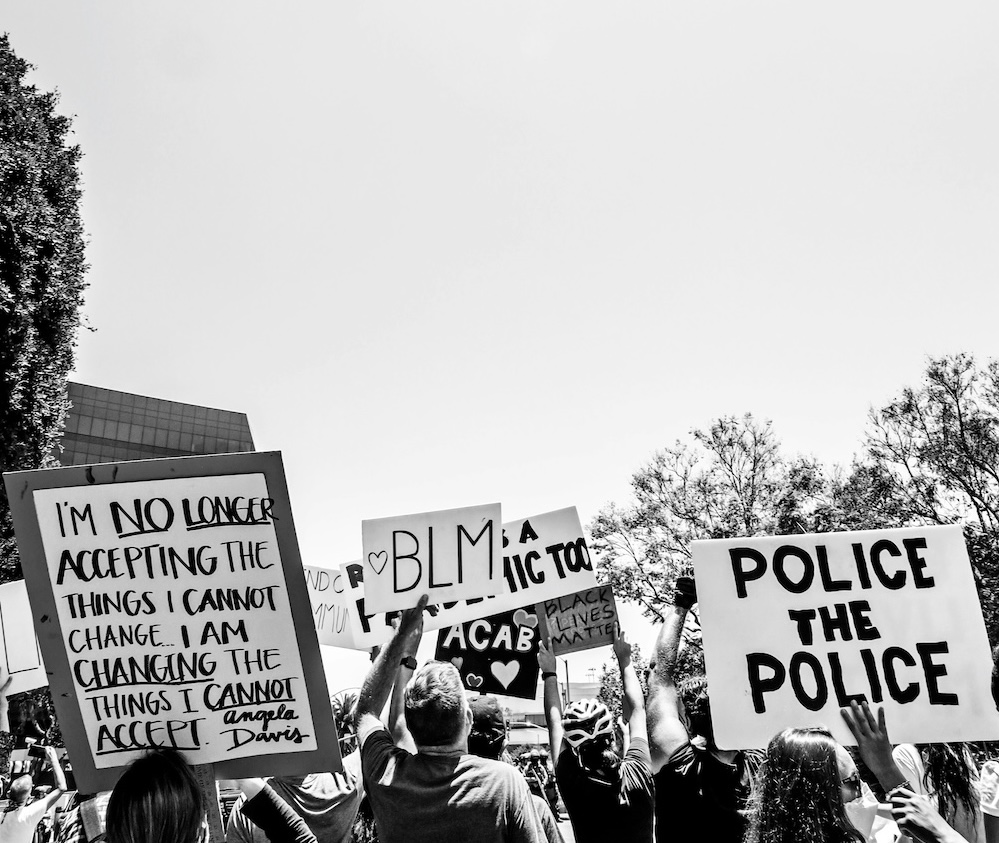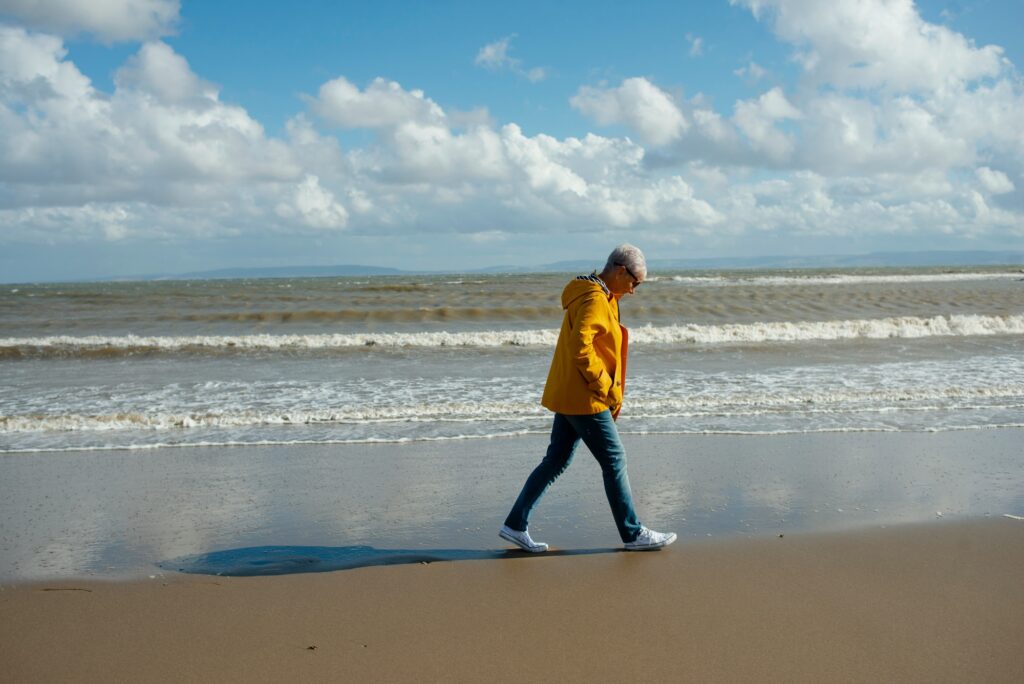Jonathan Edwards says Plaid’s challenge is to convince the people of Wales that Welsh democracy is better rather than changing the ruling clan at Westminster
They say the polls never lie and therefore no one should be surprised at developments in the local elections on 3 May. The polls indicated that Labour would make a comeback from its dire results in 2008, and so it came to pass. With an out of touch and ideologically driven UK Government pursuing aggressive cuts, a Cabinet mired in sleaze, and a double dip recession – Labour couldn’t have asked for a better set of circumstances.
|
Welsh local elections 2012 In this series representatives from all four parties give their verdict on the poll on May 3rd. Tomorrow Conservative AM Suzy Davies says both sides of the coalition government in Westminster should do better at getting across their good news. |
The key question for Labour is whether this is the beginning of a reversal in fortunes that will see the party sweep back into power at Westminster come 2015, or was it a mostly a protest vote.
Personally I don’t think Labour Shadow Cabinet Ministers should get over excited about high office yet. The key election battleground will be the economy, and despite the completely wrong direction being pursued by the Coalition with their huge austerity experiment, I can’t see the voters of middle England in those key swing seats that determine who holds power in Westminster putting their faith in Ed Balls and Ed Miliband. Both Eds were key players in the discredited Blair-Brown regime. Their irresponsible economic policy was based on housing and credit bubbles, light touch regulation of the financial sector, and the decimation of the production side of the economy. Labour can’t offer a Hollande type narrative of change with them at the helm.
In the elections, Plaid withstood the swing back to Labour far better than the Tories or the Lib Dems. The last local elections in 2008 was a high point for us, and it was unrealistic to expect a similar sort of performance across the whole of Wales considering that this election was fought in a far less favourable environment. We lost 66 seats across Wales, and gained 25. Nine of our gains were from Labour, such as in my home town of Ammanford. This shows that with a good candidate and an organised campaign we can beat Labour despite all the cards being stacked in their favour.
On the plus side, where we made in roads for the first time in 2008, such as in Torfaen we more than held our own. In the Vale of Glamorgan we held on to all our Councillors. In our traditional strong areas of Gwynedd, Ceredigion and Carmarthenshire we emerged as clear winners. There was no Labour revival in my constituency of Carmarthen East and Dinefwr where we put seven thousand votes on our rivals.
However, losing seats in the central valleys and Cardiff was a bitter blow, particularly in Caerphilly which was one of Wales’ better run Councils. Under a fairer voting system such as employed in Scotland for local elections, the number of Plaid Councillors would have better reflected our share of the vote.
At the risk of sounding like a Lib Dem, attempting to project a first past the post result on to a different voting system is, of course, difficult. However, in some areas we can say with certainty that the result would have been different. For example in the Cynon Valley Labour had 90 per cent of the council seats on 57 per cent of the vote, whilst Plaid only received 10 per cent of the seats after gaining 33 per cent of the vote. In Cardiff we polled 13 per cent of the vote but only have 3 per cent of the councillors. If that’s not a democratic deficit I’m not quite sure what is. Of course, with tribal Labour reasserting a vice like grip on Welsh democracy I’m not holding out much hope for progress.
Having been actively involved in Welsh politics since 1997 it seems clear to me that the fate of Welsh elections are largely determined by events in Westminster. When Labour are in power, the electoral environment is far more favourable to Plaid, and the other two unionist parties. When the Tories are in, the reverse is true. This protest vote style politics against Westminster comes as a result of a failure of the national movement to create a Welsh political context.
The blame is also shared by a weak civil society which is far too closely associated with one political party, and a Welsh-based media that, apart from the BBC, lacks political penetration. The Labour-Tory tag team have a deplorable record in Wales. The challenge for my party is to convince the people of Wales is that the real alternative is the growth of our democracy rather than changing colours of the ruling clan in Westminster.
During the campaign a journalist from the BBC in Wales asked, “What message will voters send the Prime Minister?” When Welsh journalists begin asking, “what message will voters send the First Minister?” we might be getting somewhere as a political nation.






Comments are closed.